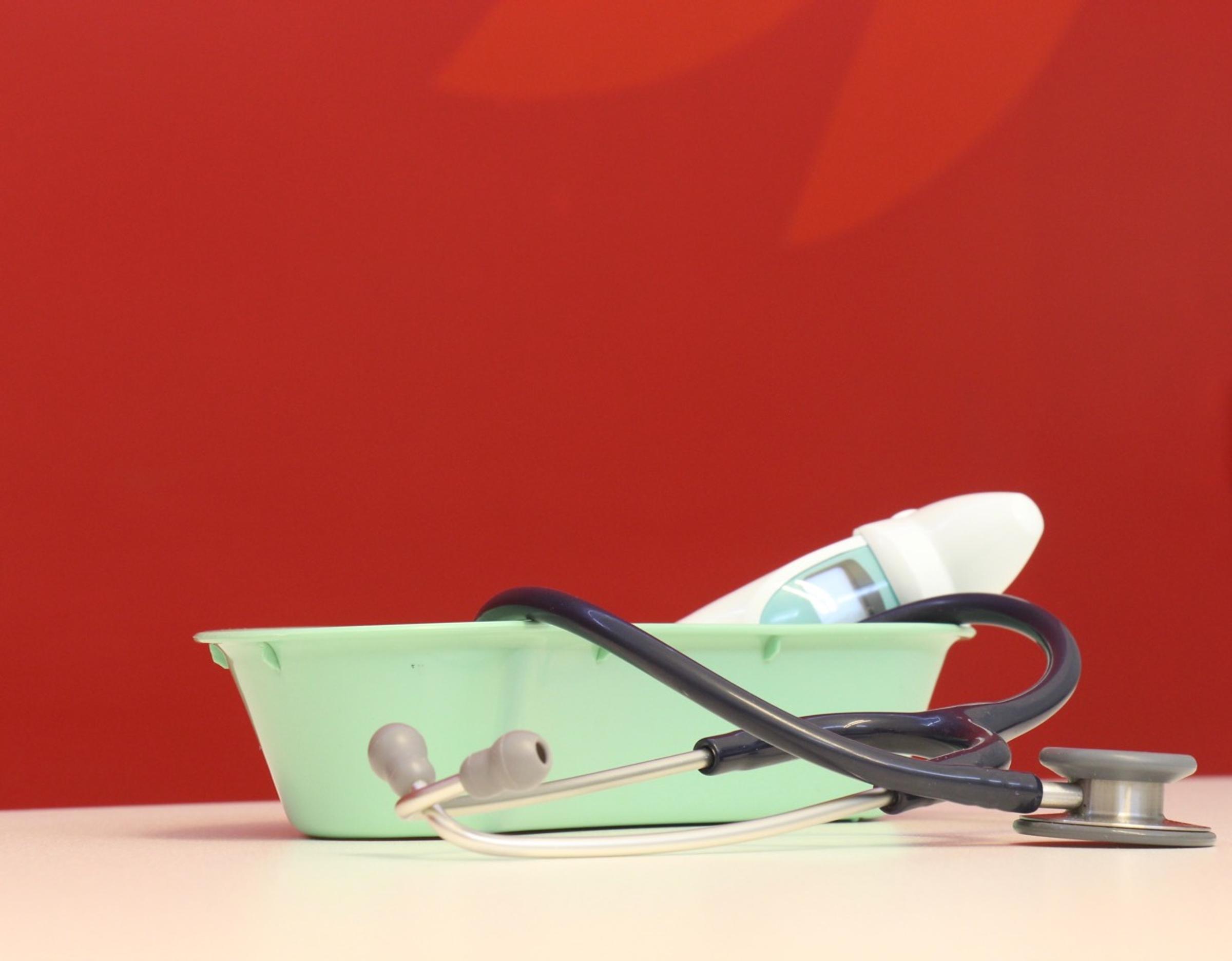School Nurse

When is a Child to sick to go to School
Most children get sick from time to time.
Health experts say sending a sick child to school may prolong the illness and possibly spread an infection to classmates. Sometimes the need to stay home is obvious. When the symptoms are less obvious, it can be hard to know when to keep a child at home, and for how long. As a general rule, children should stay at home when they have a fever, or if they are experiencing nausea and/or vomiting, diarrhoea, persistent pain such as a headache or ear ache, widespread rash, or serious cough. It is recommended that children with a fever, diarrhoea, or vomiting stay at home for a minimum of 24 hours after symptoms have cleared.
Gastroenteritis
Symptoms of gastroenteritis may include
- abdominal cramps/pain
- diarrhoea (runny watery bowel motions)
- vomiting
- nausea
- decreased fluid and food intake/loss of appetite
- generally feeling unwell, including lethargy and body aches
The germs that cause this stomach bug can spread quickly, especially during the winter months. These germs spread from person to person, sometimes through objects such as telephones, door handles and anything else that multiple hands touch.
As it is incredibly contagious and can lead to further health implications, it is important to be extremely vigilant with your child if they present with symptoms that may be related to gastroenteritis. If your child is suffering from any of the above symptoms please keep your child at home.
A child who presents at school with any of the above symptoms will be sent home.
As gastroenteritis can lead to dehydration due to increased fluid loss and decreased fluid intake it is important that if your child is suffering from a bout of gastro that you observe for signs and symptoms of dehydration. This includes symptoms such as:
- dry mouth and tongue
- sunken eyes
- not passing urine
- cold hands and feet
- more sleepy than usual
If this is happening to your child you need to seek immediate medical advice.
While keeping your child at home for gastroenteritis, ensure you encourage fluid intake. Give your child small sips of water or clear fluids frequently, every 15 minutes or so will help to keep them hydrated.
To prevent further spread of gastroenteritis in your home, ensure your family washes their hands regularly with warm water and soap, especially before they eat and after using the toilet.
If symptoms continue or you are concerned please seek medical advice immediately.
Please keep your child at home until they have completely recovered and for at least 24 hours after their last episode of vomiting or diarrhoea.
Thank you for your cooperation in this matter.
'Keep Well & Stay Safe'
Rosemary Van Aperen School Nurse

